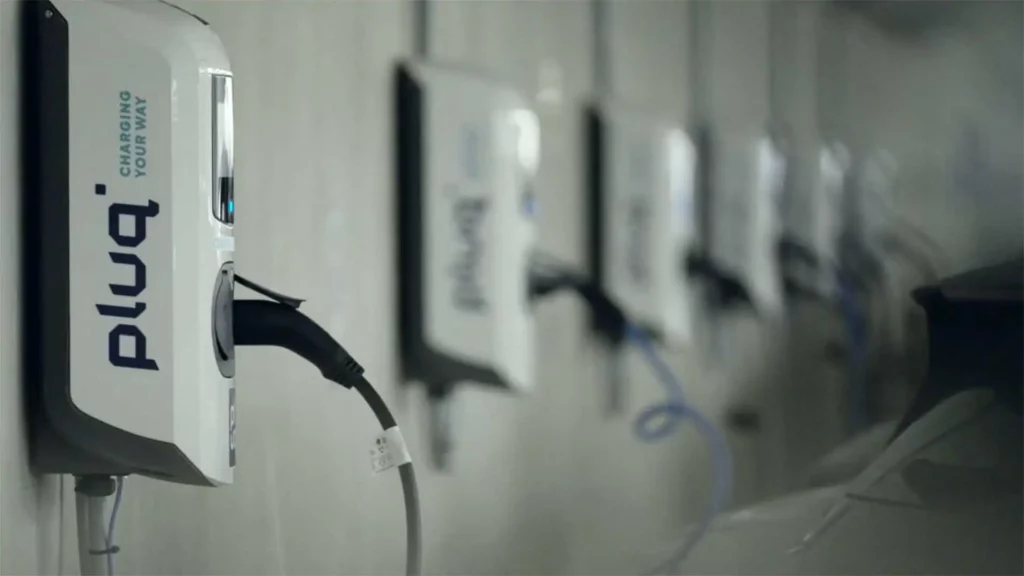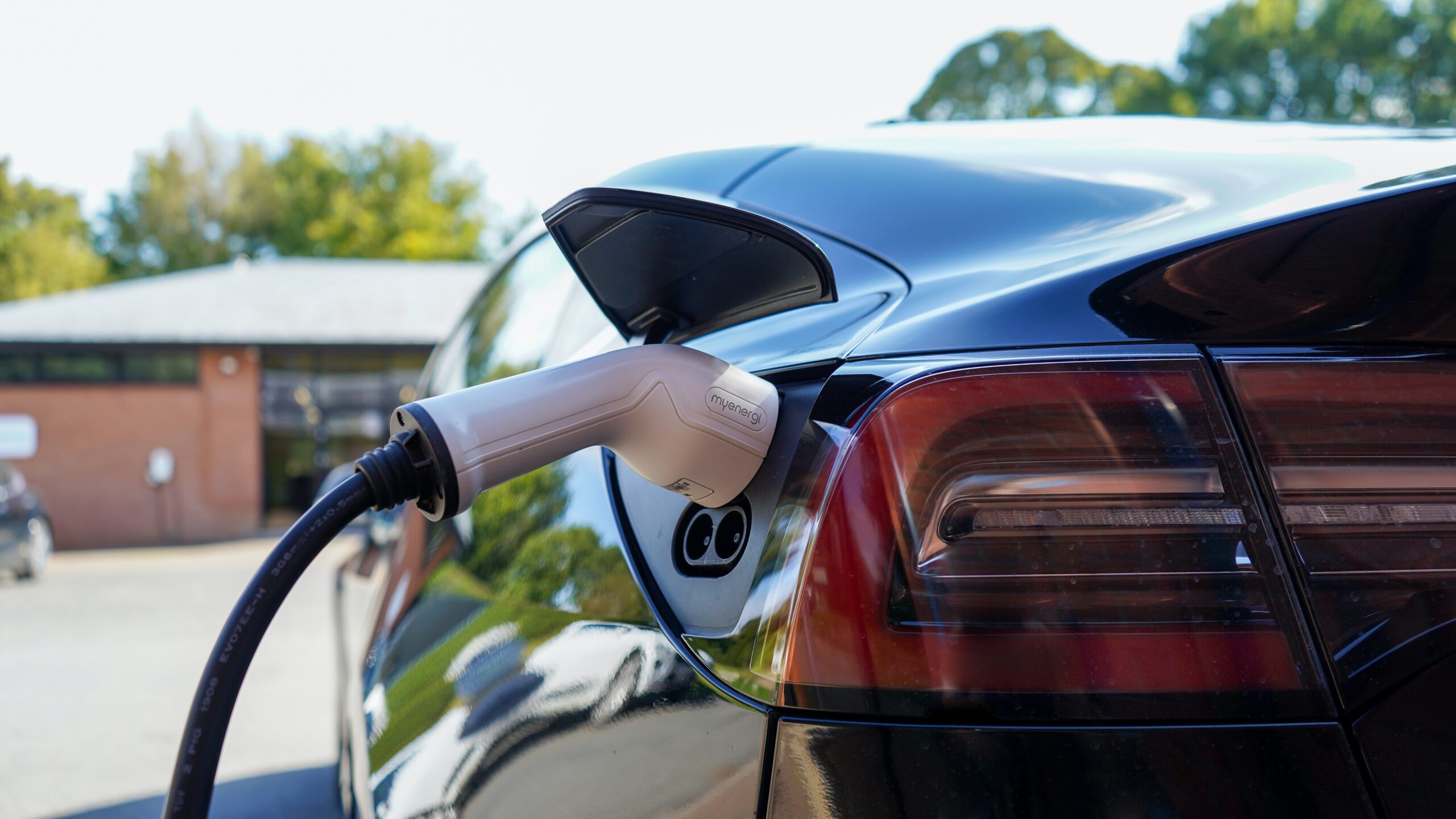Is your organization ready to install charging stations for electric vehicles? Then it’s time to decide whether to purchase, rent, lease, or acquire the charging stations through Charging as a Service (CaaS). To help you get started, this article explains the CaaS concept.
What is Charging as a Service?
CaaS is an innovative service concept for organizations that want charging stations for electric vehicles on their premises but do not want the hassle of dealing with malfunctions and administrative tasks. CaaS is comparable to SaaS (Software as a Service). Users mainly experience convenience.
Some CaaS providers charge a fee for their services. Pluq does not. We buy, install, maintain, and manage the charging stations at our expense. We also handle billing, payment processing, and energy management, all at no cost. You don’t need to invest anything. We bear all costs and risks.
What is the duration of a Charging as a Service contract?
A Charging as a Service contract usually lasts for ten years. During this period, organizations can count on well-functioning charging stations. Maintenance and management are also covered under the agreement. Malfunctions are quickly rectified because a charging station must work to recoup the investment. Many CaaS providers share the revenue with their customers throughout the entire period. Some providers offer a fixed annual rate. Pluq distinguishes itself by offering compensation per charged kilowatt-hour (kWh). This is in addition to the monthly fee for the actual electricity costs per charging session.

Pluq chargers @ Rotterdam / The Mark Offices
For which companies is Charging as a Service suitable?
CaaS is particularly suitable for companies that:
- Want to be fully relieved of responsibilities.
- For whatever reason, do not have (or want to allocate) financial resources to create and manage their own charging infrastructure.
- Prefer to invest in their core activities.
- Don’t have time to delve into the technical and legal aspects of charging solutions.
- Are not looking forward to handling additional administration.
- Don’t want to set up a maintenance service.
- Realize that it can take years before your investment pays off.
Why is Charging as a Service a good choice for companies?
The installation, maintenance, and management of charging stations are complex processes that require a lot of time and money, as well as specific knowledge. The return on such investments is often limited. Management and maintenance costs are difficult to estimate and often exceed expectations. With CaaS, you don’t have to deal with disappointments or planning stress. All risks are borne by the provider. You receive a guaranteed return per kWh and don’t have to worry about malfunctions or other issues.
What are the advantages of Charging as a Service?
- Hospitality. Guests, visitors, tenants, and employees can charge their electric vehicles at first-class charging stations at your parking facility.
- Cost savings. Companies save on initial purchase and installation costs, which frees up room for investment in core activities.
- Free scalability. The number of charging stations can be expanded based on user needs at no additional cost.
- Free expertise. CaaS providers like Pluq offer technical and administrative expertise to organizations at no extra cost.
- High service level. Reliable charging stations and a high level of service are guaranteed, resulting in satisfied end users.
- Smooth handling. Monthly fees for actual electricity costs per charged kWh are adequately processed through self-billing invoices.
- User experience. Attractive charging rates and well-functioning charging stations ensure a positive user experience.
- Future-proof. CaaS providers continue to invest in technology upgrades to keep the charging infrastructure up to date.
- Insights from data. Using state-of-the-art technology, Pluq optimizes the energy management of the entire location.
- Sustainability and CSR. CaaS contributes to sustainability and becomes an essential part of corporate social responsibility.
What are the disadvantages of the CaaS concept?
In reality, there are no disadvantages. Entrepreneurs only indicate that they find a ten-year contract a long stretch, and some business owners assume that they could earn more from charging stations if they purchased and managed them themselves. The ten year period is chosen for a reason. Experience shows that it can take six to seven years to recoup the investments in installation and maintenance. During that period, the number of charging stations often needs to be scaled up, requiring a new investment. A CaaS provider takes care of this as well. When an entrepreneur wants to do this themselves, they must consider that their first investment is not yet yielding returns, while a second investment looms. This requires good financial management.
Conclusion
Charging as a Service is a carefree and cost-effective way to place charging stations without the need for initial investment. The purchase, installation, maintenance, and management are the responsibility of the CaaS provider.
Pluq connects Charging as a Service to its promise of ‘Charging your Way’. Organizations can communicate their needs and are assured of customized solutions. They have access to high-quality charging infrastructure and won’t have to worry about anything for ten years
